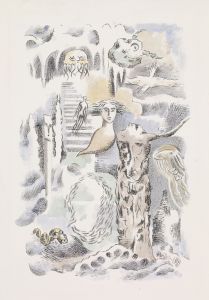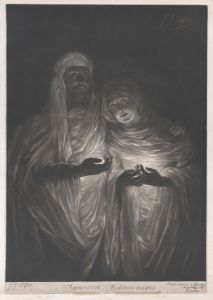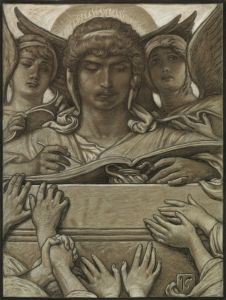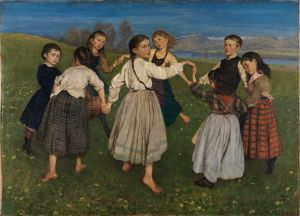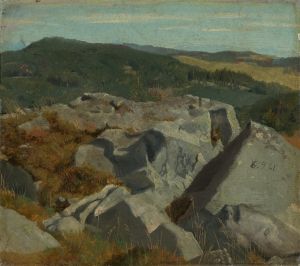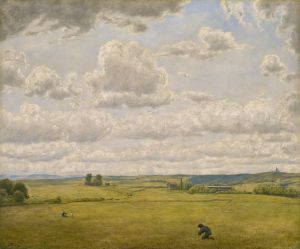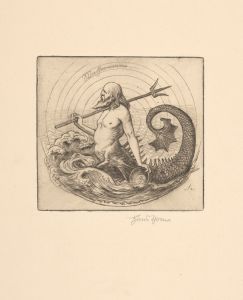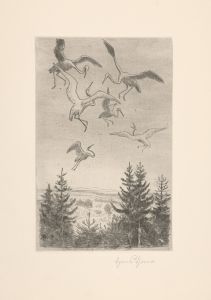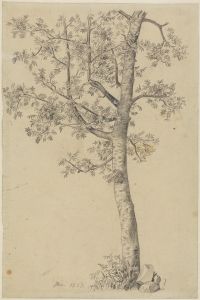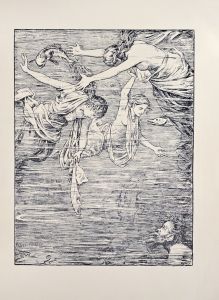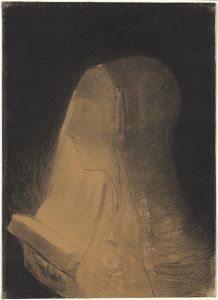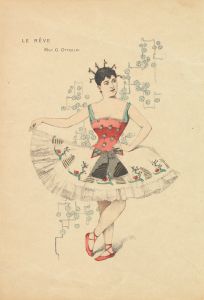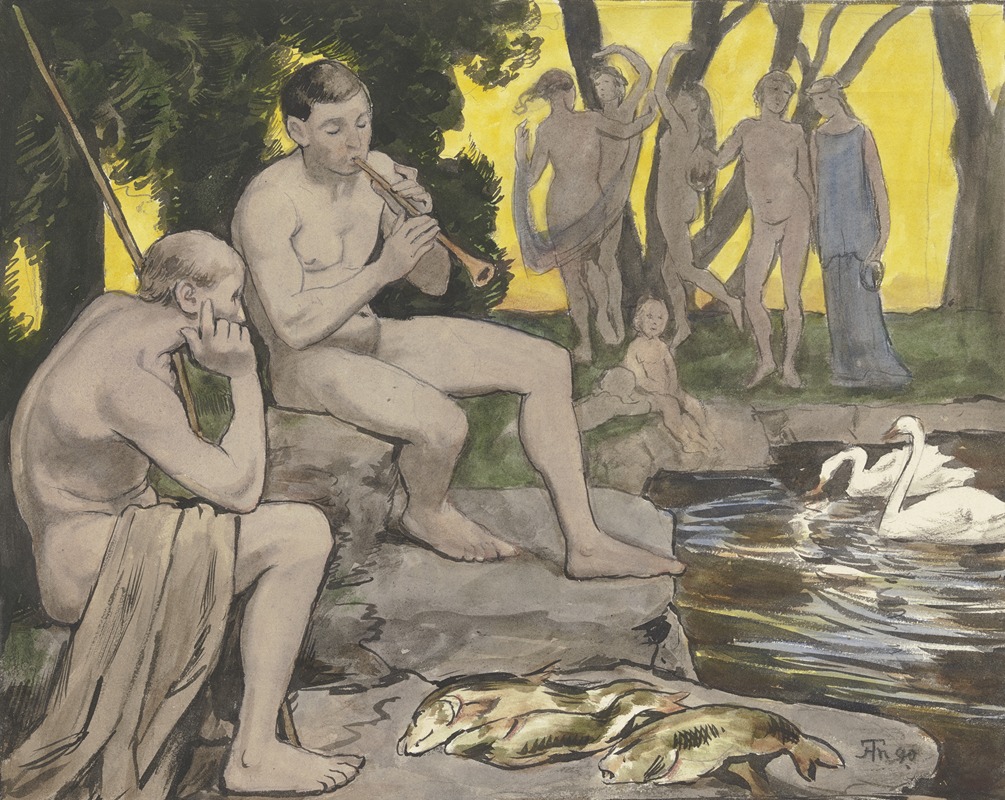
The Elysian Fields
A hand-painted replica of Hans Thoma’s masterpiece The Elysian Fields, meticulously crafted by professional artists to capture the true essence of the original. Each piece is created with museum-quality canvas and rare mineral pigments, carefully painted by experienced artists with delicate brushstrokes and rich, layered colors to perfectly recreate the texture of the original artwork. Unlike machine-printed reproductions, this hand-painted version brings the painting to life, infused with the artist’s emotions and skill in every stroke. Whether for personal collection or home decoration, it instantly elevates the artistic atmosphere of any space.
Hans Thoma was a German painter born on October 2, 1839, in Bernau in the Black Forest, and he became known for his landscapes and portraits that often incorporated elements of German folklore and mythology. One of his notable works is "The Elysian Fields," a painting that reflects his interest in mythological themes and his ability to blend them with naturalistic landscapes.
"The Elysian Fields" by Hans Thoma is a painting that draws inspiration from classical mythology, specifically the concept of the Elysian Fields, which in ancient Greek mythology is the final resting place of the souls of the heroic and the virtuous. This idyllic afterlife is often depicted as a place of eternal springtime, lush meadows, and blissful tranquility. Thoma's interpretation of this mythological setting is characterized by his distinctive style, which combines detailed naturalism with a dreamlike quality.
The painting showcases Thoma's skill in landscape painting, a genre for which he was particularly renowned. His landscapes often feature serene and harmonious compositions, with a focus on the beauty of nature. In "The Elysian Fields," Thoma captures the essence of an idealized natural world, with soft, diffused light and a palette that emphasizes greens and blues, evoking a sense of peace and serenity.
Thoma's work is often associated with the Symbolist movement, which sought to express ideas and emotions through symbolic imagery. In "The Elysian Fields," the use of mythological themes and the serene landscape can be seen as a reflection of the Symbolist interest in exploring the spiritual and the transcendent. Thoma's ability to convey a sense of the ethereal and the otherworldly is evident in this painting, as he creates a vision of a paradise that is both familiar and fantastical.
Throughout his career, Hans Thoma was influenced by various artistic movements and styles, including Romanticism and Realism. His work often bridges these styles, combining the emotional depth and imaginative qualities of Romanticism with the attention to detail and realistic portrayal of nature found in Realism. This synthesis is evident in "The Elysian Fields," where the mythological subject matter is grounded in a meticulously rendered natural setting.
Hans Thoma's contribution to German art was significant, and he was highly regarded during his lifetime. He held several prestigious positions, including director of the Karlsruhe Academy of Fine Arts. His work, including "The Elysian Fields," continues to be appreciated for its beauty and its ability to evoke a sense of wonder and contemplation.
In summary, "The Elysian Fields" by Hans Thoma is a painting that exemplifies the artist's skill in blending mythological themes with naturalistic landscapes. Through his use of light, color, and composition, Thoma creates a vision of an idealized world that invites viewers to reflect on the beauty and mystery of the natural and the mythical.





